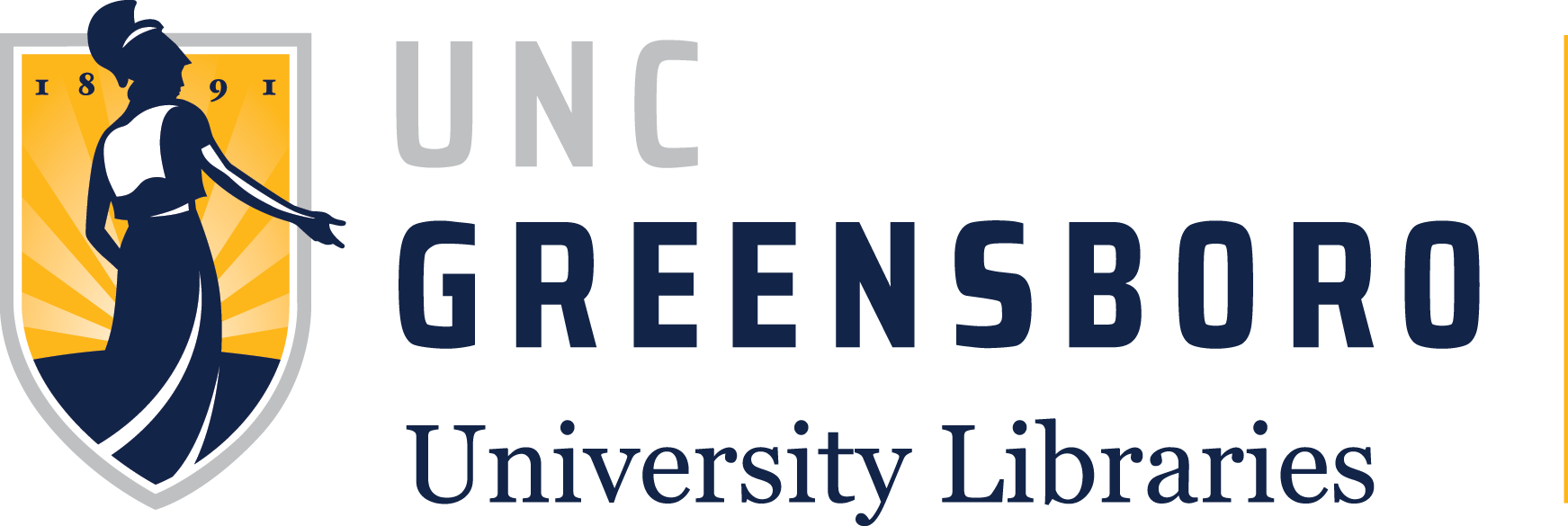Nicholas Anderson Musical Score and Personal Papers Collection
Scope and Contents
The collection primarily consists of scores owned or relating to cellist, Nicholas Anderson. The collection included materials from three other cellists: Margaret Rowell, Irving Klein, and Stanislaw Bem. Given the size of the collection and the original order, Rowell's collection was separated with its own finding aid. The material relatign to Klein and Bem have been placed in a separate sub-series. The personal papers component of the Anderson collection includes extensive notes taken by Anderson during his time studying with Leslie Parnas. The collection also includes a substantial number of audio recordings by various artists.
Dates
- 1952 - 2015
- Other: Date acquired: 2016 November 3
Creator
Conditions Governing Access
Collection is open for research.
Conditions Governing Use
Copyright is retained by the creators of items in these papers, or their descendants, as stipulated by United States copyright law. Manuscript collections and archival records may contain materials with sensitive or confidential information. Please see our Sensitive Materials Statement.
Biographical Note
Cellist Nicholas Anderson was acclaimed as an outstanding interpreter of the solo concert repertoire. His unique and inspired performances were received with the highest praise and enthusiasm by audiences and critics alike. Anderson began playing the cello at the age of eight, and made his first solo appearance on television the following year. In his early teens, Anderson studied in Pittsburgh with Theo Salzman, Principal Cellist of the Pittsburgh Symphony and Professor of Cello at Carnegie Mellon University. He spent his high school years as a resident student at the North Carolina School of the Arts. Anderson's cello playing thrived there under the mentorship of Irving Klein, cellist of the internationally renowned Claremont Quartet. It was during this time that he performed in the master classes of Janos Starker, and studied in the summer with the great "cellist's cellist" Leslie Parnas.
Following this period, Anderson studied at Aspen with Claus Adam, cellist of the Juilliard Quartet, and at the age of nineteen, was invited to study at the Juilliard School. However, he became aware of the work of the master cello teacher Margaret Rowell in California and decided to turn down Juilliard and move to California to study with her in 1971. This evolved into a 24-year collaboration, and as his solo career flourished, Anderson became an expert in Rowell's revolutionary methods, both as a performer and teacher.
In terms of his career as a performer, Nicholas Anderson debuted at the National Gallery of Art in Washington, D.C. After moving to New York, his numerous solo concert appearances included the 92nd St. Y Kaufmann Concert Hall, Mannes College of Music, American University, and Community Concerts/Columbia Artists. He has made a specialty of performing the cycle of Beethoven Cello Sonatas, as well as the complete Bach Solo Cello Suites. Anderson premiered many works, as a champion of creative musicality in modern compositions.
In addition to serving on the cello faculty of Queens College, Anderson coalesced the teachings of Margaret Rowell into a dynamic series of classes called the "Breakthrough Cello Seminars," which he presented worldwide. Organizations that have benefited from Anderson's seminars include the Associated Music Teacher's League of New York, San Francisco State University, University of Hawaii, Fresno City College, the Pennsylvania Cello Society, the Metropolitan Youth Orchestra Academy of New York, and the Sinfinica Juvenil in San Jose, Costa Rica.
Extent
112.50 Linear Feet (75 boxes)
Language of Materials
English
Abstract
Nicholas Anderson is remembered as a teacher and musician. The Nicholas Anderson Sheet Music and Personal Papers Collection reflects his career as a cellist, begining with his early studies with Leslie Parnas and Irving Klein, and including materials related to his career as a solist and working with the New York Philharmonic Youth Orchestra.
Source of Acquisition
gift of Timothy Anderson (Nicholas Anderson's brother)
Method of Acquisition
This collection was donated by Timothy Anderson
Offensive Language Statement
The UNC Greensboro University Libraries collects, preserves, and makes accessible unique and historical materials for learning and research. The nature of historical materials is such that some material may represent positions, norms, and values that are offensive and objectionable. These materials represent the opinions and actions of their creators. By providing access to these records in our reading room and through our digital collections, we recognize that archives and rare books can play a vital role in holding those creators accountable and in helping us learn from the past.
Our finding aids and other collection descriptions may occasionally re-use language provided by creators or former holders of the materials, but we strive to place outdated or offensive terminology in context. That said, we recognize that we may not always make the right decision and welcome feedback from all sources so we can learn and adjust our practices. Please contact us at scua@uncg.edu if you encounter problematic language in our finding aids or other collection description. We will review the language and, as appropriate, update it in a way that balances preservation of the original context with our ongoing commitment to describing materials with respectful and inclusive language.
Processing Information
The collection was processed in 2017.
- Title
- Nicholas Anderson Musical Score and Personal Papers Collection
- Status
- Completed
- Author
- Zadia Earl and Stacey Krim
- Date
- 08/28/2017
- Description rules
- Describing Archives: A Content Standard
- Language of description
- English
- Script of description
- Latin
- Language of description note
- eng
Repository Details
Part of the Martha Blakeney Hodges Special Collections and University Archives Repository
